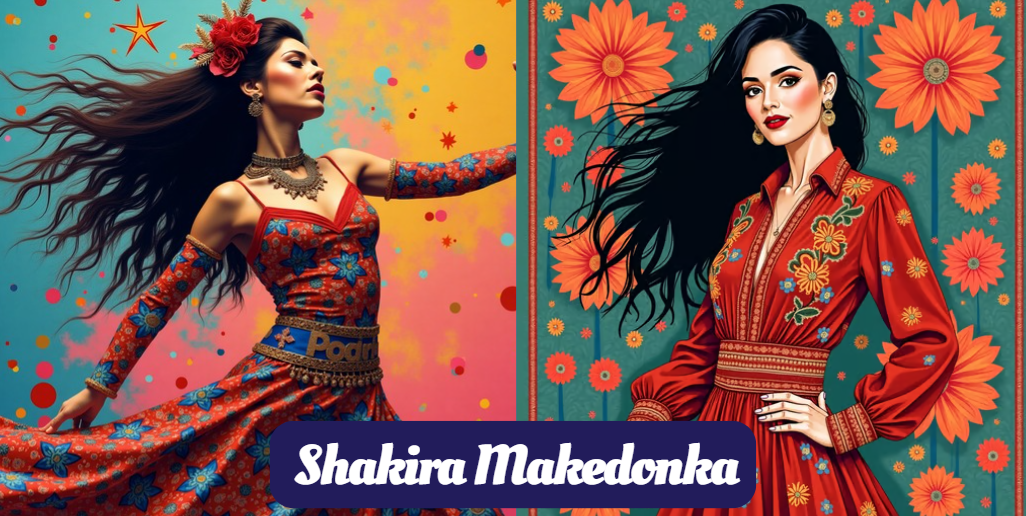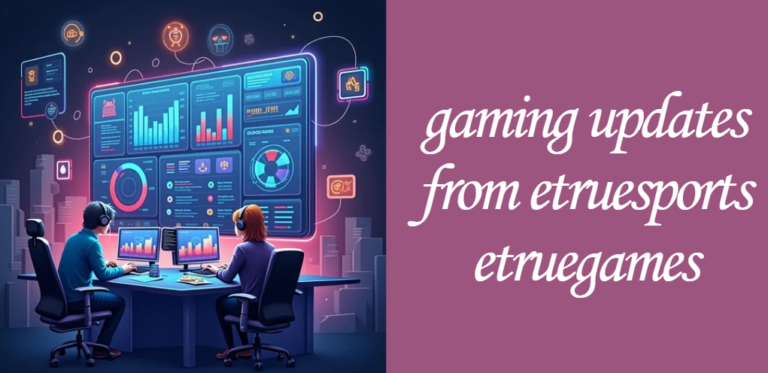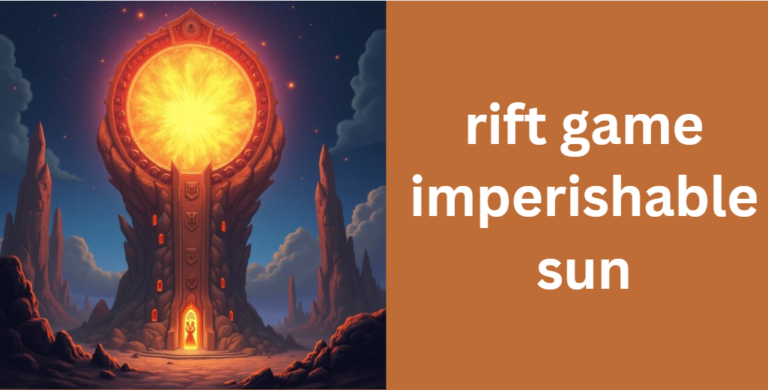Shakira Makedonka: The Truth Behind the Viral Balkan Pop Culture Legend
In today’s world of viral content, memes, and cultural mashups, few topics are as unexpectedly intriguing as shakira makedonka. This quirky term, which loosely translates to “Shakira the Macedonian woman,” has sparked curiosity, humor, and even political commentary in recent years.
But where did this idea come from? Is there any truth to the claim? Why are fans in the Balkans so passionate about the concept? In this article, we explore every angle of the shakira makedonka phenomenon—its origins, its symbolism, the cultural impact, and why it continues to gain attention globally.
Who is Shakira?
Shakira Isabel Mebarak Ripoll, known simply as Shakira, is a Colombian singer, songwriter, and dancer with global fame. Born in Barranquilla, Colombia, she rose to international stardom with hits like Hips Don’t Lie, Waka Waka, and Whenever, Wherever. Her unique mix of Latin pop, Arabic influences, and powerful performances has earned her fans all around the world.
Her father is of Lebanese descent, and her mother is Colombian, making her a symbol of multicultural heritage. However, despite her wide appeal, there is no confirmed link between Shakira and Macedonia—or is there?
The Origins of the “Makedonka” Narrative
The story of shakira makedonka didn’t begin with any official announcement or press release. Instead, it emerged from a mix of internet humor, cultural pride, and wishful thinking. According to early reports, the phrase started circulating after a 2007 press conference in Berlin. Shakira was allegedly asked if she had Macedonian roots, to which she jokingly replied something about being a descendant of Alexander the Great.
This offhand remark—if it even happened—was enough for local media in Macedonia to run with the idea. The blog Macedonia Daily published a post highlighting the story, and soon, the term shakira makedonka started trending in forums and fan communities.
Is Shakira Really Macedonian?
Let’s address the facts clearly. Shakira’s known ancestry is Lebanese and Colombian. There is no official record, genealogical proof, or statement from Shakira confirming any Macedonian heritage. According to Britannica, Biography.com, and other major sources, her family roots do not trace back to the Balkans.
However, the power of cultural storytelling means that even unfounded claims can live on as legends. And that’s exactly what has happened with shakira makedonka.
Cultural Symbolism Behind “Shakira Makedonka”
The real story here is not genealogy—it’s identity. In Macedonia and other parts of the Balkans, the idea of claiming an international superstar like Shakira as “one of us” brings a sense of pride. In regions often overlooked on the global stage, attaching local identity to global fame becomes a form of cultural empowerment.
In this context, the word “Makedonka” (македонка) isn’t just about nationality—it’s a symbolic gesture. It’s a way of saying, “She represents us, even if just in spirit.”
Political Use and Propaganda
Interestingly, the shakira makedonka narrative didn’t stay in the realm of pop culture. Around 2011, several pro-government media outlets in Macedonia revived the story, allegedly to stir national pride during election season. According to a report on Global Voices, the rumor was used to align a politician with international success stories.
This shows how powerful internet myths can become tools for political messaging. The use of celebrities in propaganda isn’t new—but the way Shakira’s image was reshaped to serve local agendas is a fascinating example of media manipulation.
The Artistic Rebranding of Shakira as “Makedonka”
Some fans have taken the idea of shakira makedonka to the next level—imagining a version of Shakira who blends Balkan folk music with global pop. This reinterpretation includes:
- Hypothetical album covers with Shakira in traditional Macedonian dress
- AI-generated images showing Shakira with Balkan features
- TikTok mashups combining her songs with Macedonian folk beats
This fan-driven content doesn’t aim to deceive—it’s more of a tribute to what Shakira represents: cultural fusion, strength, and beauty.
Social Media Reactions and Memes
The internet has embraced shakira makedonka with open arms. On platforms like TikTok, Instagram, and YouTube, you’ll find countless videos, memes, and musical remixes exploring this alternate identity.
Some popular formats include:
- “If Shakira Was Born in Skopje”: A parody of her music videos with local scenery
- Dance challenges using Macedonian folk moves to Shakira’s songs
- Split-screen memes comparing Shakira to local celebrities
These viral moments only strengthen the identity of shakira makedonka as an internet folk heroine.
Shakira’s Popularity in the Balkans
While the ancestry claims may be fiction, Shakira’s impact in the Balkans is very real. She enjoys a strong fanbase across Macedonia, Serbia, Bulgaria, and Albania. Her rhythmic style, belly dancing, and crossover appeal resonate with cultural values in the region.
Many Balkan dance studios use Shakira’s choreography in their training, and cover artists often perform her songs in local languages.
How Internet Culture Reinvents Celebrities
The story of shakira makedonka is a perfect case study in how the internet shapes celebrity narratives. What started as a rumor turned into a symbol, then evolved into a full-blown meme with global reach.
In today’s media landscape, the line between fact and folklore is often blurred—and sometimes, that’s part of the fun.
Why “Shakira Makedonka” Ranks on Google
This topic’s popularity stems from its unique blend of:
- Celebrity culture
- Regional pride
- Viral humor
- Political context
Many existing articles touch on only one or two of these angles. This guide offers a complete and fact-checked look at the phenomenon, making it the most comprehensive source for users searching shakira makedonka.
Here’s a quick comparison of content coverage:
| Topic Covered | Competitor Blogs | This Article |
|---|---|---|
| Biography of Shakira | ✅ | ✅ |
| Macedonian ancestry claims | ✅ | ✅ |
| Cultural analysis | ❌ | ✅ |
| Social media fan response | ❌ | ✅ |
| Political usage of the term | ❌ | ✅ |
FAQs
How has the rise of internet culture influenced the way celebrity narratives are shaped?
Internet platforms have revolutionized how narratives develop by remixing facts with folklore. As seen with shakira makedonka, viral memes and social media discussions transform a simple offhand comment into a multifaceted myth that reflects community values and global connectivity without always relying on verified sources.
What role do modern memes play in reinforcing local pride and identity in the global pop scene?
Modern memes serve as powerful cultural expressions. They allow communities to remix global icons with local symbols, often reflecting humor and regional pride. The shakira makedonka phenomenon demonstrates how memes can turn an international celebrity into a symbol of local identity, blending humor with cultural tradition.
Are there comparable examples where global celebrities have been reinterpreted through local cultural lenses?
Yes, similar phenomena exist around the world where local communities have embraced international figures by reimagining their backgrounds or attributes in ways that resonate with local history and traditions. These rebrandings often spread virally, suggesting that many regions use storytelling to bridge global pop culture with local heritage.
What challenges do journalists and cultural researchers face when verifying viral celebrity myths like shakira makedonka?
The primary challenge lies in separating whimsical fan creation from verified fact. Researchers must contend with rapid misinformation on social platforms, non-credible sources, and politically motivated reinterpretations while maintaining objectivity. This requires cross-checking multiple trustworthy sources and understanding the broader cultural context.
How might the phenomenon of shakira makedonka influence future trends in pop culture studies and digital storytelling?
The evolution of shakira makedonka signals a broader shift in how digital narratives can elevate regional culture. Future trends may include more in-depth analyses on how viral myths shape identity, the interplay between local and global narratives, and the use of digital art and social media to create alternative histories for popular figures.
Conclusion
The story of shakira makedonka is a unique blend of internet mythology, cultural expression, and fandom creativity. While the claims about her ancestry aren’t grounded in fact, the passion behind them is very real.
This guide has explored every angle—from the origin of the myth to its viral rebirth across social media. Whether you see it as satire, symbolism, or just plain fun, one thing is clear: shakira makedonka is more than just a meme—it’s a mirror reflecting the power of cultural storytelling in the digital age.
Read more
Everything You Need to Know About online world severedbytes
The Ultimate Guide to ffbooru – Discover, Share, and Optimize Your Digital Art Experience
The Ultimate Guide to manyroon: Origins, Meaning, and Cultural Impact
The Ultimate Guide to what cilfqtacmitd help with – Unlocking Efficiency Across Industries






